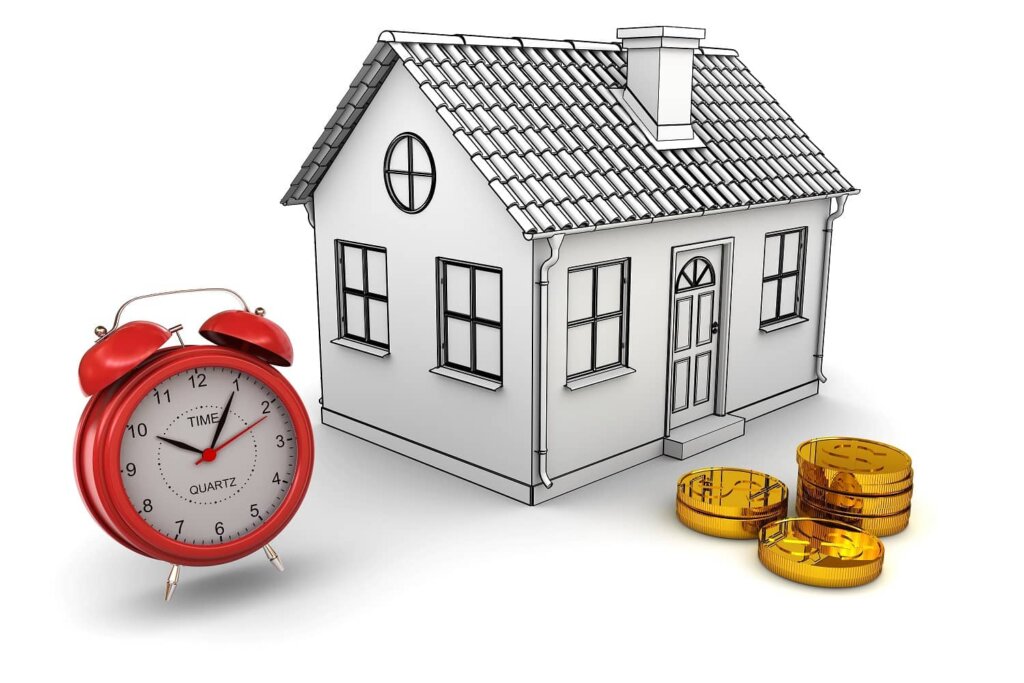
If you’re looking to sell your house, one of the first decisions you need to make is how you want to go about it. Do you want to work with a real estate agent, or should you sell directly to an investor? Understanding the key differences between these two options can help you make an informed choice that suits your needs, timeline, and financial goals.
Whether you’re in San Antonio or another market, the choice between an agent and an investor depends on your situation and priorities. Here’s what you need to know.
Selling With a Real Estate Agent
When you sell your house with an agent, you’re essentially hiring a professional to represent you in the market. The agent lists your home, markets it to potential buyers, and negotiates offers on your behalf. This traditional route can result in a higher sale price, but it often comes with added costs and time commitments.
What to Expect:
- Time: On average, it can take 3-6 months or even longer to sell your house with an agent. Before listing, you’ll likely spend weeks or months making repairs, cleaning, and staging your home.
- Costs: Sellers typically pay about 6% in agent commissions and another 2% in closing costs. Additional expenses include holding costs like taxes, utilities, and insurance while the house is on the market.
- Effort: You’ll need to keep your home clean and ready for showings, which can be time-consuming and stressful. If the buyer’s financing falls through or they back out, you may have to start the process over.
Who It’s For: This option is ideal if you’re not in a rush to sell and want to maximize your sale price. It’s best for sellers who are willing to invest time and money into repairs, upgrades, and marketing.
Selling Directly to an Investor

If you’re looking to sell your house fast or avoid the hassle of traditional sales, working with a real estate investor can be a great alternative. When you sell to an investor, you’re dealing directly with the buyer, which eliminates many of the delays and uncertainties associated with listing your home.
What to Expect:
- Speed: Investors can close on your house in as little as 7-10 days. Since they are the buyers, there’s no need for showings or waiting for offers.
- Convenience: Most investors, including us at Sell My San Antonio House, buy houses in any condition. This means you can sell your home “as-is” without spending time or money on repairs or cleaning.
- Certainty: You don’t have to worry about financing falling through or deals collapsing at the last minute. Investors typically pay in cash, ensuring a smooth and quick transaction.
Who It’s For: This option is ideal for sellers who need to sell fast, don’t want to deal with repairs, or are facing challenging situations like foreclosure, probate, or bad tenants. It’s also a good choice for those who value convenience and certainty over achieving the highest possible sale price.
Detailed Comparison: Agent vs. Investor
| Factor | Real Estate Agent | Investor |
|---|---|---|
| Timeline | 3-6 months or more | 7-10 days |
| Costs | 6% agent commission + 2% closing costs | None |
| Repairs | Required before listing | Not required |
| Showings | Multiple showings, requiring home preparation | No showings needed |
| Certainty of Sale | Sale depends on buyer financing | Cash payment ensures certainty |
| Flexibility | Limited to buyer’s schedule | Highly flexible |
Common Misconceptions About Selling to Investors
There are several myths surrounding the idea of selling your home to an investor. Let’s address some of the most common ones:
- “Investors only buy distressed properties.” While investors frequently purchase homes that need repairs, they also buy well-maintained houses from homeowners looking for a quick, hassle-free sale.
- “You’ll always lose money selling to an investor.” While investors may offer slightly below market value, the savings in repair costs, commissions, and holding expenses can often make up the difference.
- “Investors aren’t trustworthy.” While it’s important to vet any buyer, many investors are reputable professionals who prioritize fair, transparent transactions. Look for testimonials and reviews to confirm their credibility.
By debunking these myths, you can approach the decision with a clearer understanding of what selling to an investor truly entails.
How to Decide Which Option Works Best for You

Choosing between an agent and an investor depends on your unique circumstances. Here’s how you can determine the best path:
- Evaluate Your Timeline:
- Do you need to sell quickly? An investor can close in days, while an agent may take months.
- Are you comfortable waiting for the best offer? Working with an agent could maximize your sale price.
- Assess Your Financial Situation:
- Can you afford upfront repair and staging costs? If not, selling as-is to an investor might be ideal.
- Are you prepared for holding costs while waiting for a buyer?
- Consider Your Priorities:
- Do you prioritize convenience and certainty? Investors provide a hassle-free process.
- Are you focused on achieving the highest possible sale price? Listing with an agent might align with your goals.
By asking yourself these questions, you can determine which option aligns with your needs and circumstances.
Breaking Down the Numbers
When deciding between an agent and an investor, it’s important to consider both the financial and time commitments. While listing with an agent might yield a higher sale price, you’ll need to factor in:
- Repair and upgrade costs: For instance, outdated kitchens or bathrooms can deter buyers, and upgrading these areas often involves a significant investment. For example, a full kitchen remodel can easily cost upwards of $20,000, while even minor repairs like patching drywall or fixing leaky faucets can add up quickly.
- Holding costs like taxes and utility bills can quickly add up, especially if your house takes months to sell. For instance, property taxes in some areas might average several hundred dollars per month, and maintaining utilities for an unoccupied home—such as electricity, water, and heating—can cost a significant amount over time. These expenses can strain your budget and reduce your overall profit from the sale.
- Agent commissions and closing fees: In Texas, sellers typically pay around 6% of the sale price in agent commissions and an additional 2% in closing costs. For example, on a $300,000 house, this can amount to $18,000 in commissions and $6,000 in closing fees, totaling $24,000. These costs can significantly impact your net profit from the sale.
Selling to an investor eliminates these expenses, offering a straightforward and hassle-free transaction. Although the sale price might be lower, the time and stress you save can make it a financially comparable option.
Both selling methods have their pros and cons, and the right choice depends on your unique situation. If you’re looking for the highest sale price and have time to wait, working with an agent might be the way to go. However, if you value speed, simplicity, and certainty, selling to an investor can be a better fit.
At Sell My San Antonio House, we specialize in helping homeowners in San Antonio sell their houses fast and for cash. We’re here to provide a solution tailored to your needs, whether you’re dealing with foreclosure, unwanted properties, or simply want to avoid the hassle of traditional sales.
Ready to explore your options? Contact us today to learn more about how we can help you sell your house quickly and stress-free.

